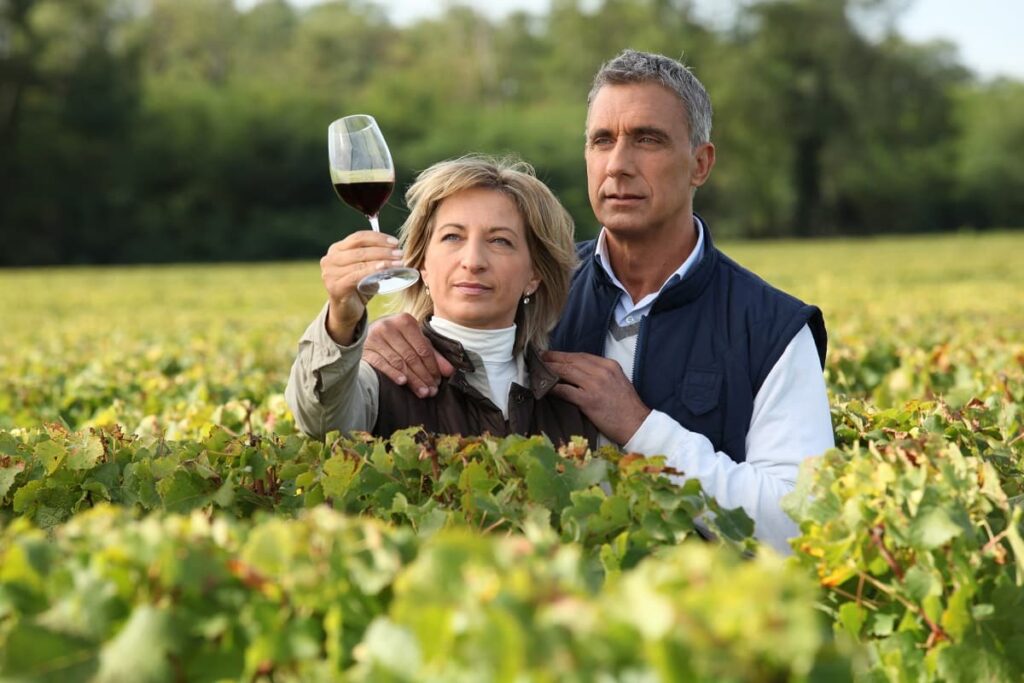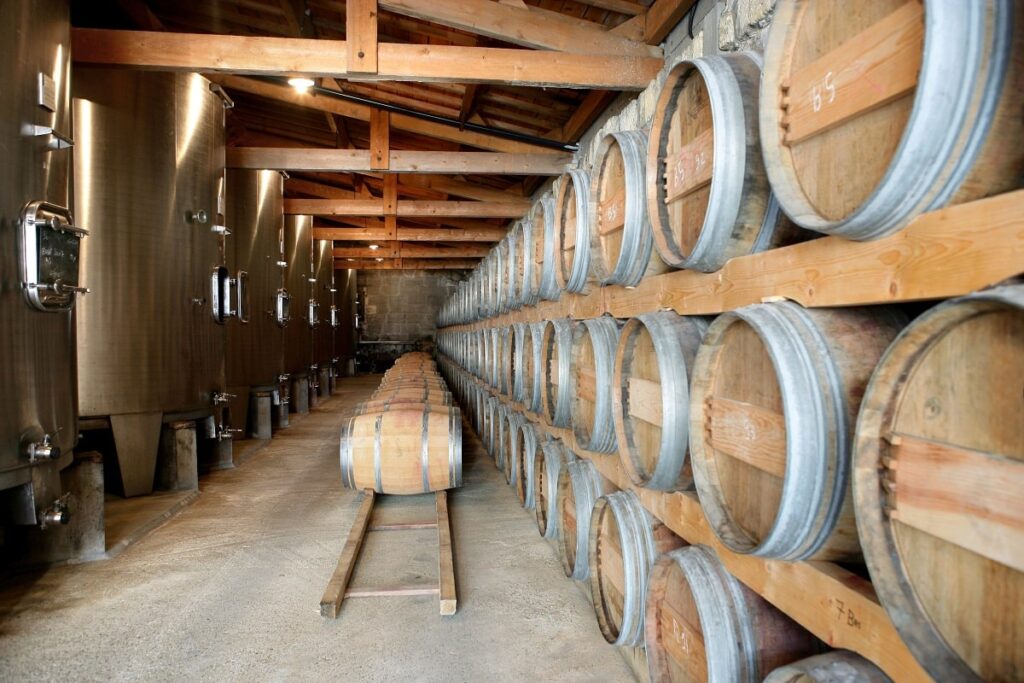To love wine, one does not have to be a wine connoisseur. However, to be a wine connoisseur, Raising the Bar recommends loving wine first. If you have ever wondered why people sniff their wine before sipping or wondered the difference between a merlot and cabernet, becoming a wine expert may be your new favorite hobby. Expanding your knowledge of wine can seem overwhelming, but we are here to help you get started. Keep reading for 10 tips on becoming a wine connoisseur.
10 Tips on Becoming a Wine Connoisseur
Research, Research, Research
First things first, Raising the Bar recommends research when beginning the journey to becoming a wine connoisseur. There are hundreds and hundreds of books about the wine industry. What is the history of wine? When was wine first discovered? Dive into history with help from books like The World Atlas of Wine. If reading is not your thing, try a podcast or an Ebook.
Not only is it important to familiarize yourself with the history of wine, but research the different types of grapes used as well. Moscato, a sweet white wine, is made using the Muscat grape. Bordeaux is one of the most celebrated wine regions in the world and is the grape that provides Cabernet Sauvignon and Merlot. Learning about the different types of grapes around the world will come in handy when describing the flavors of wine and using the proper wine vocabulary.
Learn the Wine Vocabulary
Learning and practicing wine vocabulary is pertinent to becoming a wine connoisseur. The five common characteristics of the wine to incorporate into your vocabulary are tannin, acidity, body, sweetness, and alcohol. A few basic wine terms to know include:
Acidity:
Level of recognized sharpness; a naturally occurring element of wine; important aspect to the longevity of the wine.
Body:
The impact of weight on your palate; light, medium, and full are basic body description terms.
Cap:
Solid grape material like stems, skins, and pits that move to the top of a tank during wine fermentation; how red wines get their color, weight, and tannins.
Fermentation:
Process of sugar transforming into alcohol; when the juice of the grape interacts with yeast to become wine.
Tannin:
The natural polyphenol found in grape skin; adds bitterness, structure, and astringency.

Terroir:
A French term for a wine’s background including soil, climate, and topography of the area.
Start developing your wine palette
Many people find their favorite type of wine, and then just stick with it. Becoming a wine connoisseur means expanding your palate. Start exploring different wine varieties. In addition to expanding from your go-to Chardonnay, make sure to experiment with different dates and brands.
Because wine is an acquired taste, you will want to start with the calmer wines like Pinot Grigio and a Riesling. From there, keep trying bolder and bolder wines to become a true wine connoisseur.

Follow the Tasting Process
When learning about the wine tasting process, there are 4 S’s to keep in mind. Most people have witnessed someone sniffing their wine, swirling their wine around, and then giving the wine a taste. Not sure why this is necessary? Keep reading to find out.
The first step in the tasting process is to see it. Examine the color of the wine. When a white wine takes on a darker hue, know that the wine is older. With red, the color will be lighter if aged longer. The color of the vino also represents how it has been aged. For example, white wine that takes on a golden tint is aged in oak barrels.
Next, swirl the wine. Gently, coat the sides of your wine glass with the wine to release the aroma.
Time to smell the wine. Some common notes you might pick up from a white wine are citrus, vanilla, or oak. Red wines usually carry plum, berry, coffee, and chocolate scents.
Finally, sip the wine. Once you decide if you like wine, then start describing the taste.

Take Risks
As mentioned before, wine is an acquired taste. A wine connoisseur isn’t afraid to try a glass of vino that is out of their comfort zone. Complex and unique wines help you notice different complexities and flavors in the wine.
After tasting bold wines, Raising the Bar recommends to then come back to the sweeter dessert wines and champagne. A wine connoisseur will start to notice different flavors in the wine they loved first.
Expand Your Horizons (Literally)
Did you know wine is made in close to every country in the world? Expand your horizons and visit a region you’ve never been to before. Explore the different tastes and flavors and study how they are made in Europe compared to your local winery.
With that being said, traveling may be out of the question. No problem! Expanding your horizons could mean joining a wine group or visiting your local liquor store for wine tastings. Most importantly, taste wine made in different regions and take notice of how distinct French wines taste compared to California wines, and so on and so forth

Listen to the Experts
A large part of becoming a wine connoisseur is listening to experienced wine experts. Wine experts are here to share their knowledge. Visiting a local winery and really taking in the information from the experts is so important. Go to a wine shop, ask for recommendations, and pick at the staff’s brains.
Research wine vendors in the area, and sign up for newsletters to receive the latest news on local wine activity.
Most Importantly, Drink to Be a Wine Connoisseur
No one becomes a wine connoisseur without tasting an abundance of wine. If you are serious about becoming a wine expert, commit to the task. Buy a case of wine as often as you can. Raising the Bar is here to help, so visit us to talk about your endeavor. Our team of experts can help you stay within your budget while also recommending a variety of different wines to try.
Start your journey to becoming a wine connoisseur today, and visit Raising the Bar Liquors. Most importantly, drink wine often, do your research, and have fun with the new endeavor.


